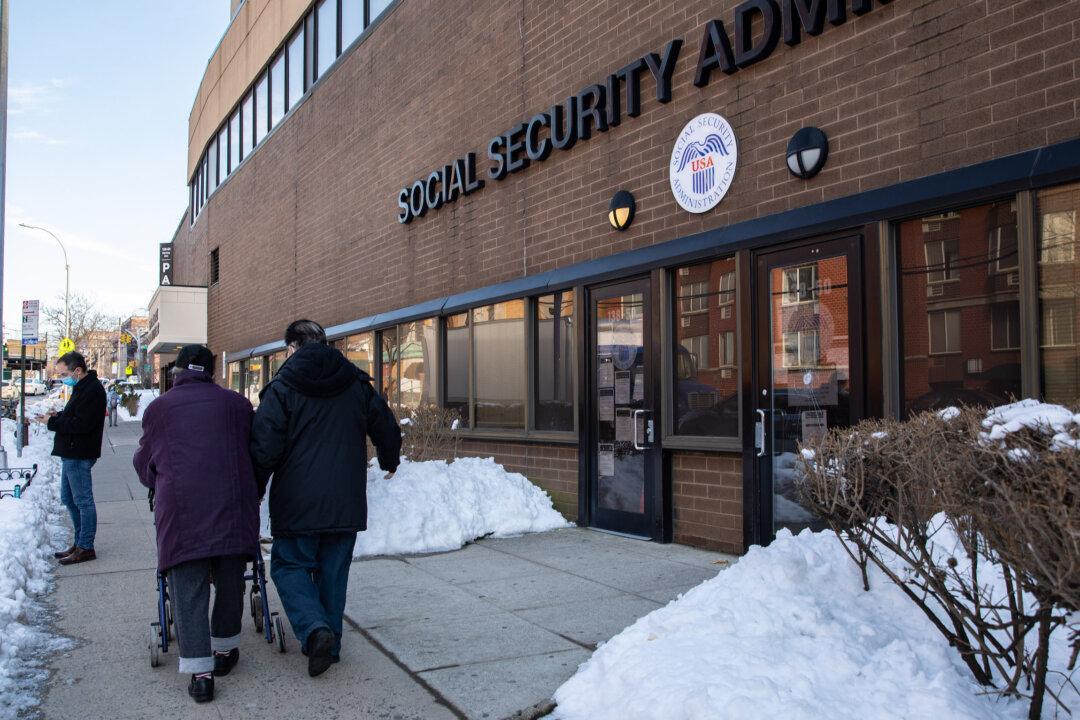Americans have become a little more optimistic about the prospect of getting at least some money from Social Security when they retire, but the numbers still reflect a troubling picture of a system teetering on the verge of bankruptcy.
A new Gallup poll shows that 50 percent of American non-retirees believe that Social Security will pay them a benefit when they retire.





